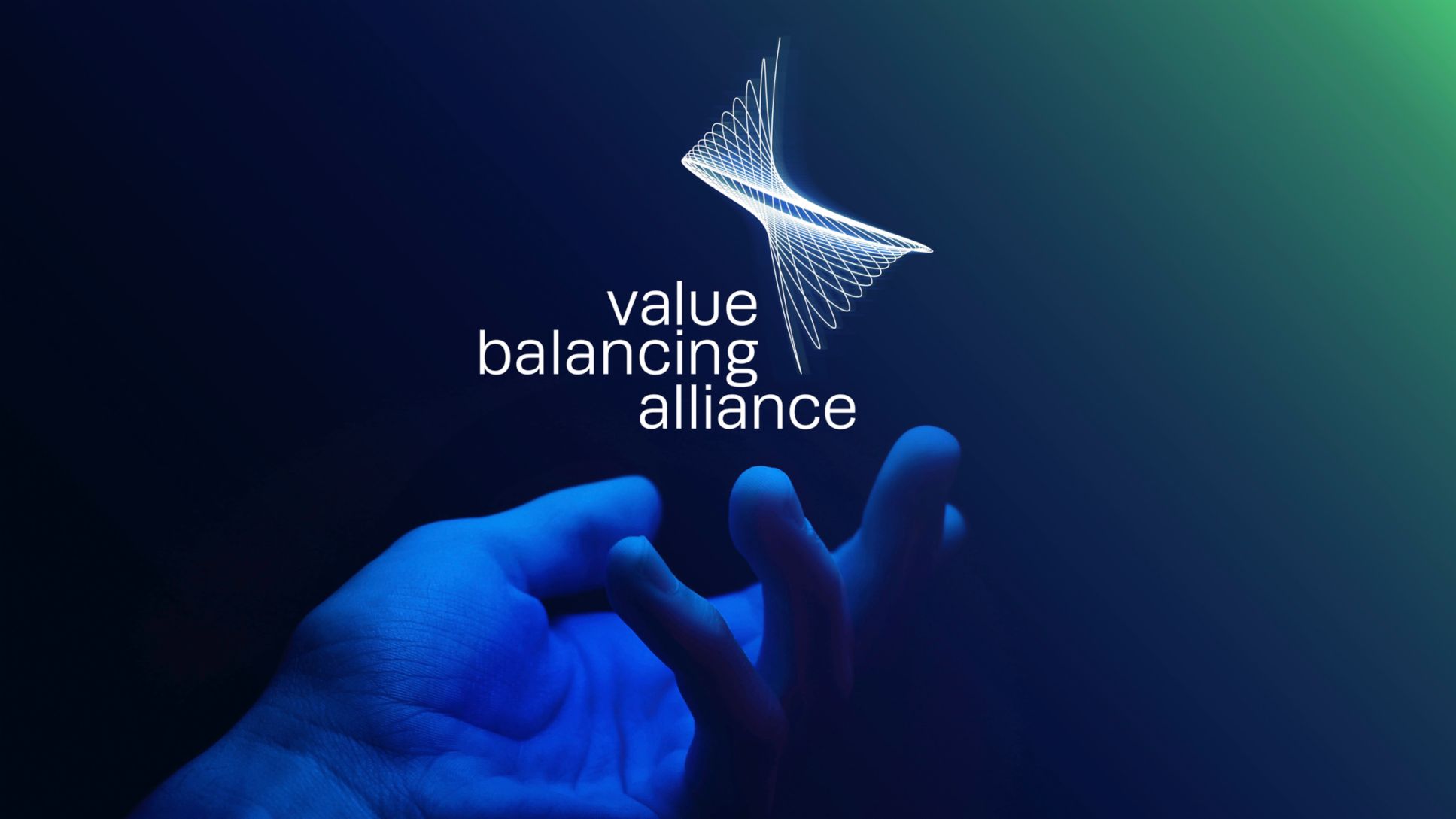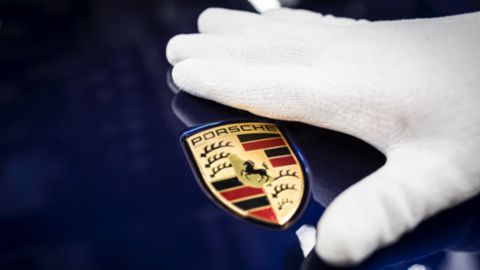Mr Rudolph, “value balancing” sounds at first more like private ethical and moral self-reflection rather than the economic model of a company…
Rudolph: That’s right – at first glance – but there’s a lot more to it than that. The important thing is to support society sustainably; especially in these times. At the same time you have to make sustainable actions measurable – economically, ecologically and socially.
So what exactly is the Value Balancing Alliance, which sets out to make companies take a good look at themselves?
Rudolph: The aim of the Value Balancing Alliance is to also represent the social market economy on the balance sheet. It’s about the values that companies ascribe to – their internal compass. International companies are having a growing influence on prosperity and the society. Up to now, their success has mainly been measured through sales revenue and results. We want to add ecological and social aspects.

The initiative is creating a new common language, which all member companies can use as a basis for communication and for making the right decisions – for their company, society and the environment ...
Rudolph: That’s right. However, the long-term objective is even greater: this language should be spoken by all companies worldwide, so that everyone aligns their actions to achieve real added value for society. This is the goal the Value Balancing Alliance is striving to achieve. Leading the way are, for example, Porsche for the VW Group, BASF, SAP and Bosch.
Why is Porsche supporting the initiative?
Rudolph: Sustainability and social responsibility play a key role for us. We established the Sustainability Rating as a binding award criterion for suppliers of production materials in 2019. We use this to check observance of our social and environmental standards or compliance requirements, for example. We also take responsibility in the extraction process for raw materials, for example as a member of the Responsible Mica Initiative. The aim is to improve working conditions in the mining of mica pigments for car paints. In addition, we are pursuing an ambitious decarbonisation programme and have already implemented carbon-neutral manufacturing at the Zuffenhausen site. By 2025, around half of our fleet will be electrically powered.
“We have never before examined ourselves in such a comprehensive light.” Sebastian Rudolph
Porsche has been on board for one year – what has happened in that time?
Rudolph: A great many positive things. The first pilot phase has been completed and the findings are good. We examined ourselves very closely and asked: what contribution does Porsche make to the gross domestic product? How many jobs have we created, directly and indirectly? How much human capital have we created through further education? And what is the status of our ecological footprint? All these aspects were analysed, quantified and monetised. We looked at our production sites in Stuttgart and Leipzig as well as the business activities at our international sites. In total, 93 companies belonging to the Porsche Group were considered. Supply chains were also analysed: that is to say the environmental, social and economic impacts of the Group even before deliveries reach our sites. We have never examined ourselves in such a comprehensive light and it was really interesting.
What do these results mean for Porsche? And what’s next for the Value Balancing Alliance?
Rudolph: The results show the contribution that we make globally and exactly what it is. The first step was to understand these impacts. Now it’s about action. With the next two pilot phases, the methodology will be consolidated and refined. If all the impacts of our actions can be expressed in numbers, better decisions can be made.
A common language also brings comparability – will Porsche be in a continuous duel with other automobile manufacturers when to comes to social and ecological sustainability in the future?
Rudolph: There is already comparability within the industry. There are ratings that compare the sustainability performance of companies. Sustainability reporting is also developing in this direction. This creates transparency for the public but it is also valuable for the company itself to know where it stands. Especially if you set out to take on social responsibility.
In times of economic uncertainty and the coronavirus crisis, the question of whether it might not be more important for companies to secure jobs instead of spending on sustainability projects could be asked ...
Rudolph: Of course, it’s a company’s responsibility to preserve jobs. Porsche is setting a very good example here. At the same time, it’s about creating values, such as looking after one another, like in a family. The central elements of our culture at Porsche are more important than ever. Employees are increasingly paying attention to how sustainable their employer is. Our high level of attractiveness as an employer is good proof of that, and an incentive for future projects at the same time.
An alliance of values
The Value Balancing Alliance e.V. was established in June 2019 with the objective of integrating the contributions made by companies to society on the balance sheet. Members include BASF, Bosch, Deutsche Bank, LafargeHolcim, Mitsubishi Chemicals Holdings, Novartis, SAP, SK, BMW, Schaeffler, Otto, Kering and VW/ Porsche AG. It is a non-profit organisation supported by Deloitte, EY, KPMG, PwC, the Organisation for Economic Co-operation and Development (OECD), leading universities such as Oxford University and Harvard Business School as well as stakeholders in government, civil society, business, as well as financial market and standardisation organisations. As part of the European Union’s Green Deal, the Value Balancing Alliance was commissioned in spring 2020 to develop guidelines for accounting standards for the environmental impacts of companies. For more information, please see: www.value-balancing.com






